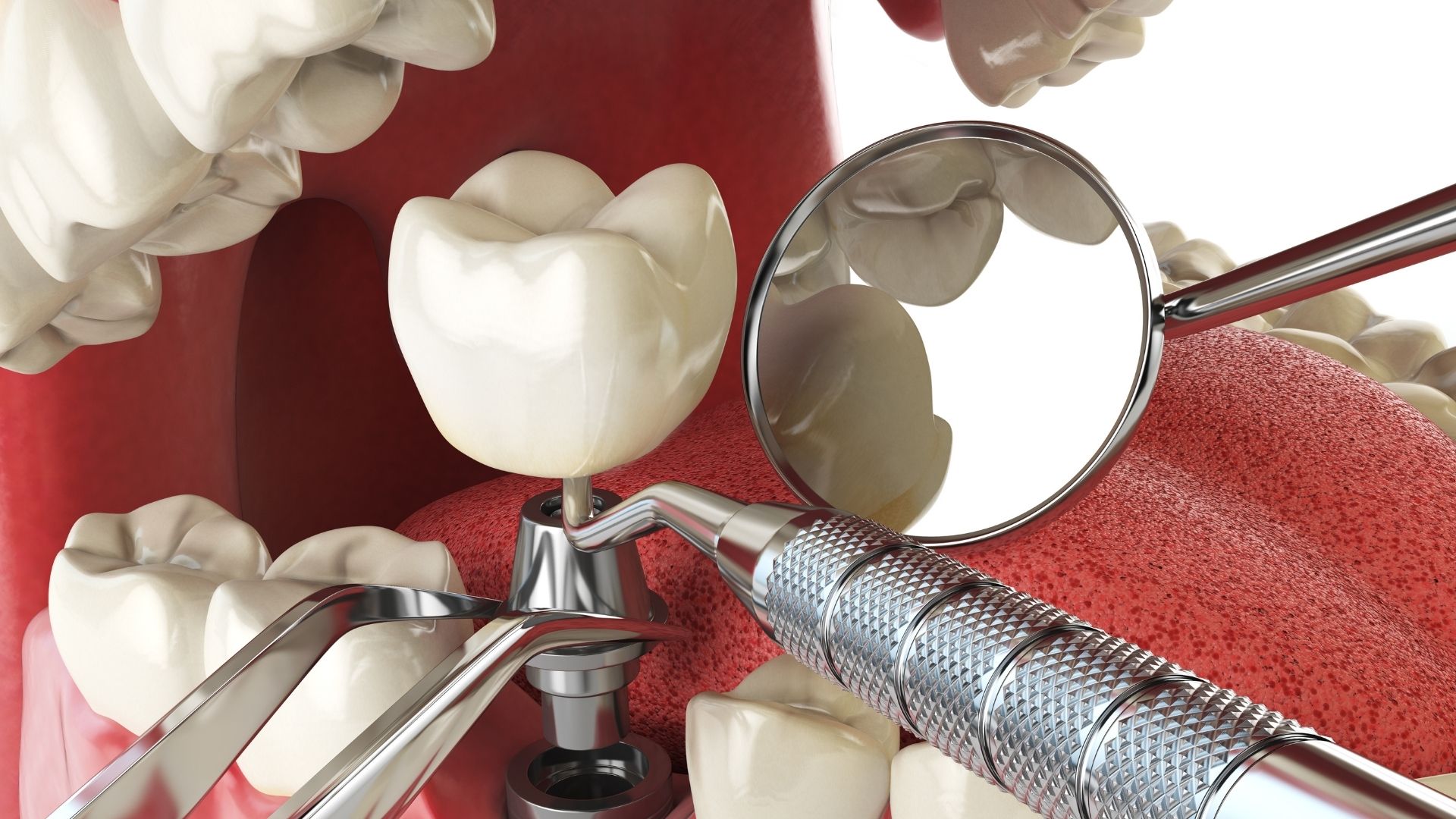Why Do Dental Implants Fail? Understanding the Risks—and How to Avoid Them
Dental implants have become the gold standard in modern tooth replacement—and for good reason. With long-term success rates often exceeding 95%, they offer a durable, natural-looking solution for patients with missing teeth. But if you’ve heard stories of an implant that didn’t work out, you’re not alone in asking: Why do dental implants fail?
At Naper Perio, we know that implant dentistry isn’t one-size-fits-all. While the vast majority of dental implants are successful, there are several key factors that can impact the outcome. Let’s break down the most common reasons for implant failure—and how proper planning, expert care, and maintenance can help you avoid them.
The Three Main Causes of Dental Implant Failure
1. General Health Conditions
Your overall health plays a critical role in your body’s ability to heal and integrate with a dental implant. The following systemic factors can reduce the likelihood of success:
- Smoking – reduces blood flow, delays healing, and increases the risk of infection.
- Certain medications – such as bisphosphonates (used to treat osteoporosis) or immunosuppressive drugs.
- Radiation therapy – especially in the head or neck region, may affect bone health and healing.
- Autoimmune diseases or uncontrolled diabetes – can interfere with healing and increase the risk of implant complications.
Before undergoing implant placement, a comprehensive medical review is essential to ensure you’re a good candidate.
2. Local Oral Conditions
Even if your overall health is good, factors in your mouth can also influence the success of an implant. These include:
- Bone quality and quantity – Adequate bone volume and density are necessary to support the implant. If you’ve been missing teeth for a long time, bone loss may have occurred.
- Initial implant stability – The implant must be securely placed within the bone at the time of surgery.
- Clenching or grinding (bruxism) – Excessive bite force can damage implants or prevent proper integration with the bone.
At Naper Perio, we use advanced diagnostic tools like CBCT (3D imaging) to evaluate bone levels, assess bite forces, and plan every case with precision.
3. Lack of Proper Maintenance
Even the best-placed implant won’t succeed without proper care. Dental implants require the same commitment to hygiene as natural teeth:
- Daily brushing and flossing – to remove plaque and bacteria.
- Regular professional cleanings and checkups – to detect and prevent early signs of peri-implant disease.
- Ongoing bite evaluation – to monitor for changes in stress or alignment over time.
Like any sophisticated medical device, implants need regular maintenance. Without it, complications can occur, including inflammation, infection, and bone loss around the implant.
The Naper Perio Approach to Implant Success
At Naper Perio, every implant case begins with a comprehensive evaluation by our board-certified periodontist, Dr. Eskan. We consider every aspect of your health, lifestyle, and oral condition to ensure your implant is set up for long-term success.
From bone grafting and sinus lifts to advanced soft tissue techniques and digital-guided implant placement, we offer the full spectrum of periodontal and implant care under one roof.
Confidence in Dental Implants—When Done Right
While no procedure is completely without risk, dental implants remain one of the most predictable and successful treatments in modern dentistry. If you’re in good health, have a stable bite, and are committed to long-term care, there’s every reason to expect your implants to last a lifetime.
Still unsure? That’s what we’re here for. Schedule a consultation with Naper Perio to find out if you’re a good candidate for dental implants and learn more about what makes our approach different.
Your Smile Deserves Expert Care. Let’s Make It Last.
If you’re ready to replace missing teeth with a solution backed by science and skill, contact us today to start your implant journey with confidence.



